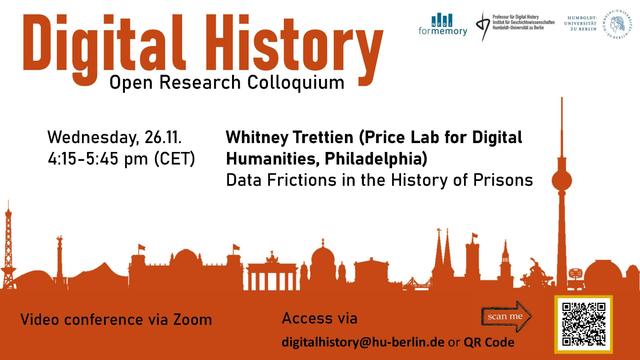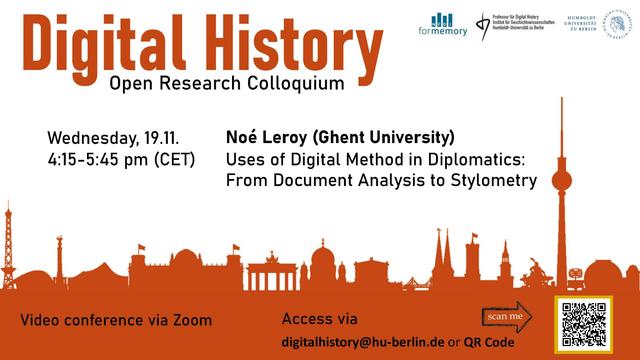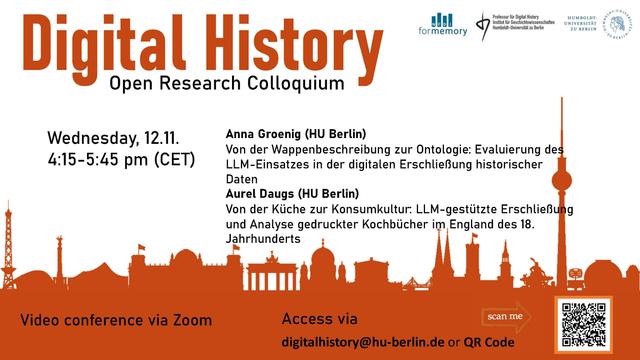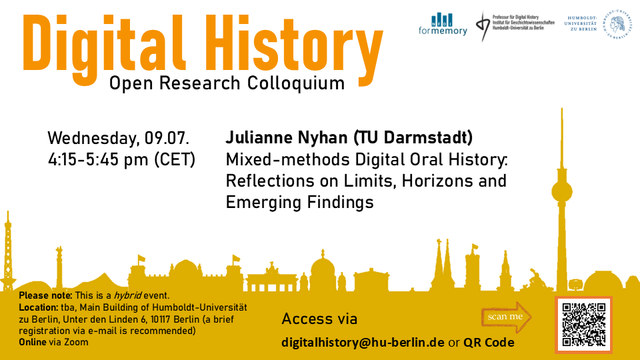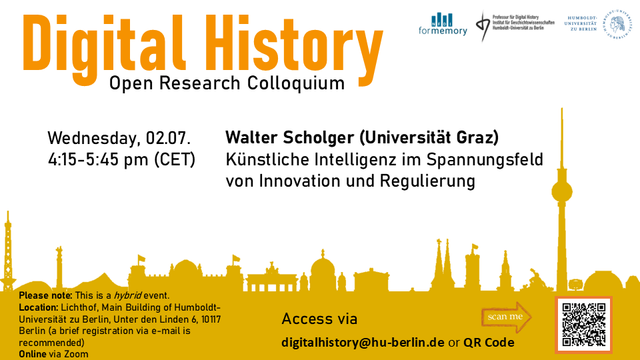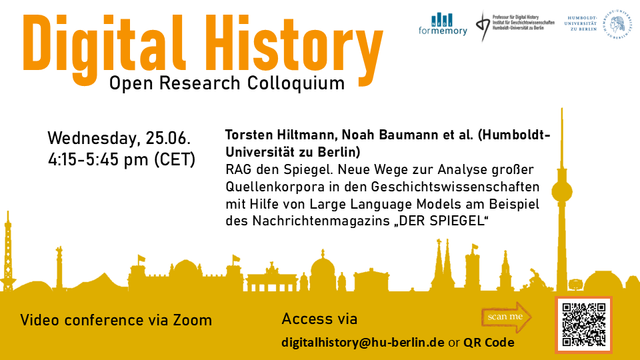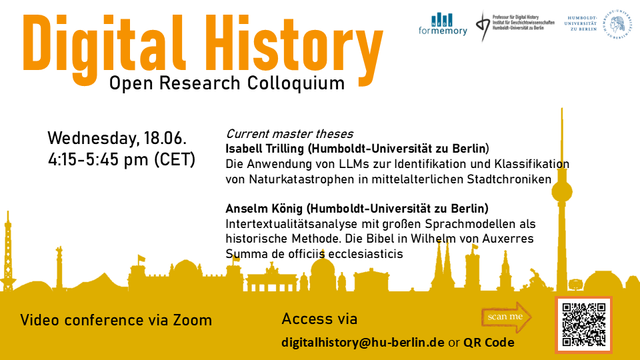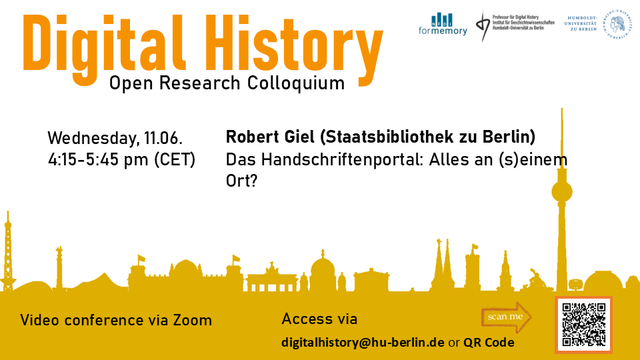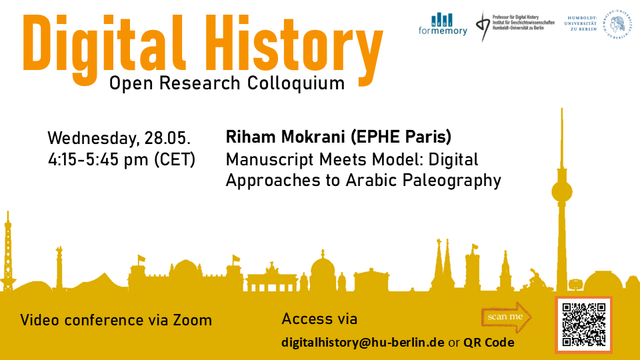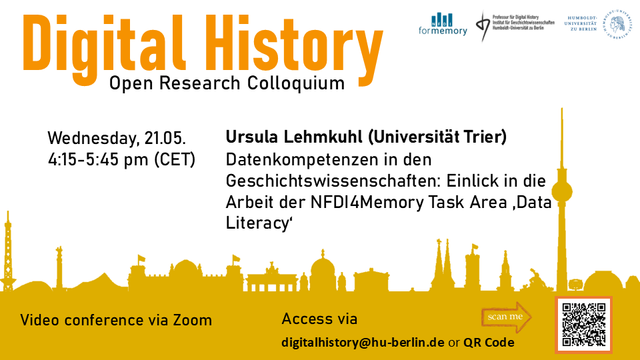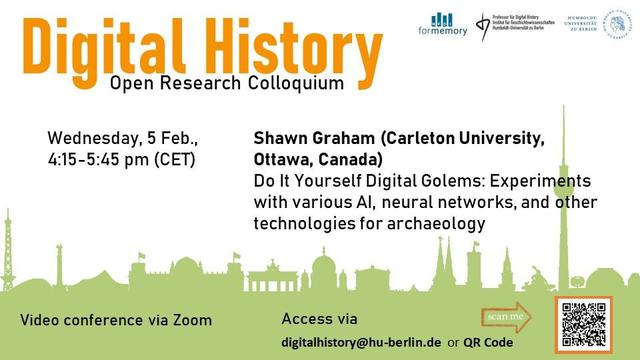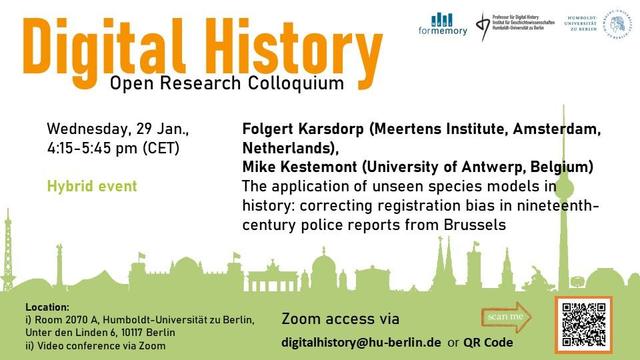📯#DigitalHistoryOFK: Join Whitney Trettien (Price Lab for Digital Humanities) and Roberto Gonzalez (Eastern University) as they delve into "Data Frictions in the History of Prisons". Their digital collection of prison publications sheds light on the stories they capture, connects them to conemporary issues, and reflects on impactful digital methods working in a prison context.
📅 26 Nov, 4-6 pm (CET), online
ℹ️ Info: https://dhistory.hypotheses.org/12205
#DigitalHumanities #EthicsInDH @whitneytrettien
